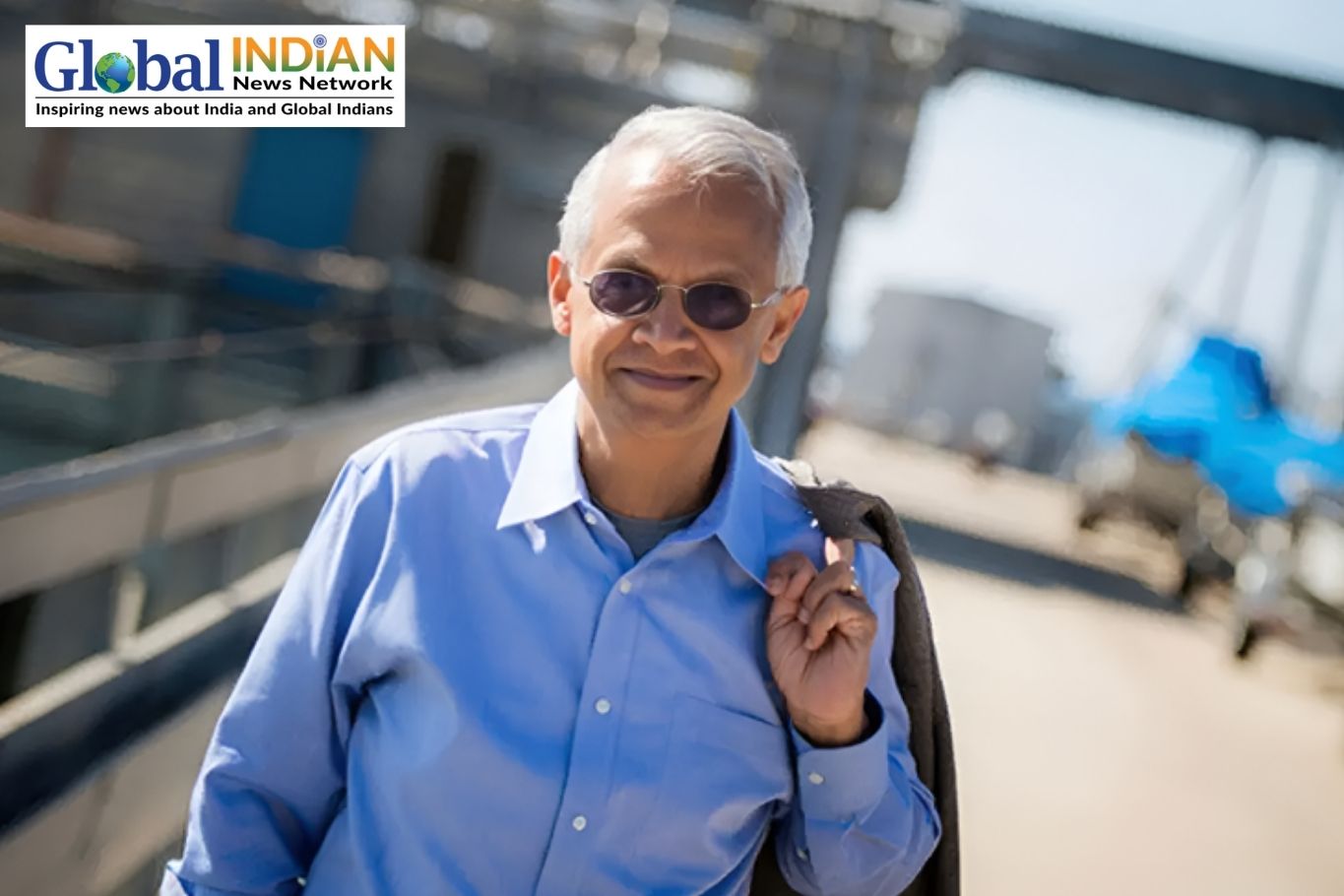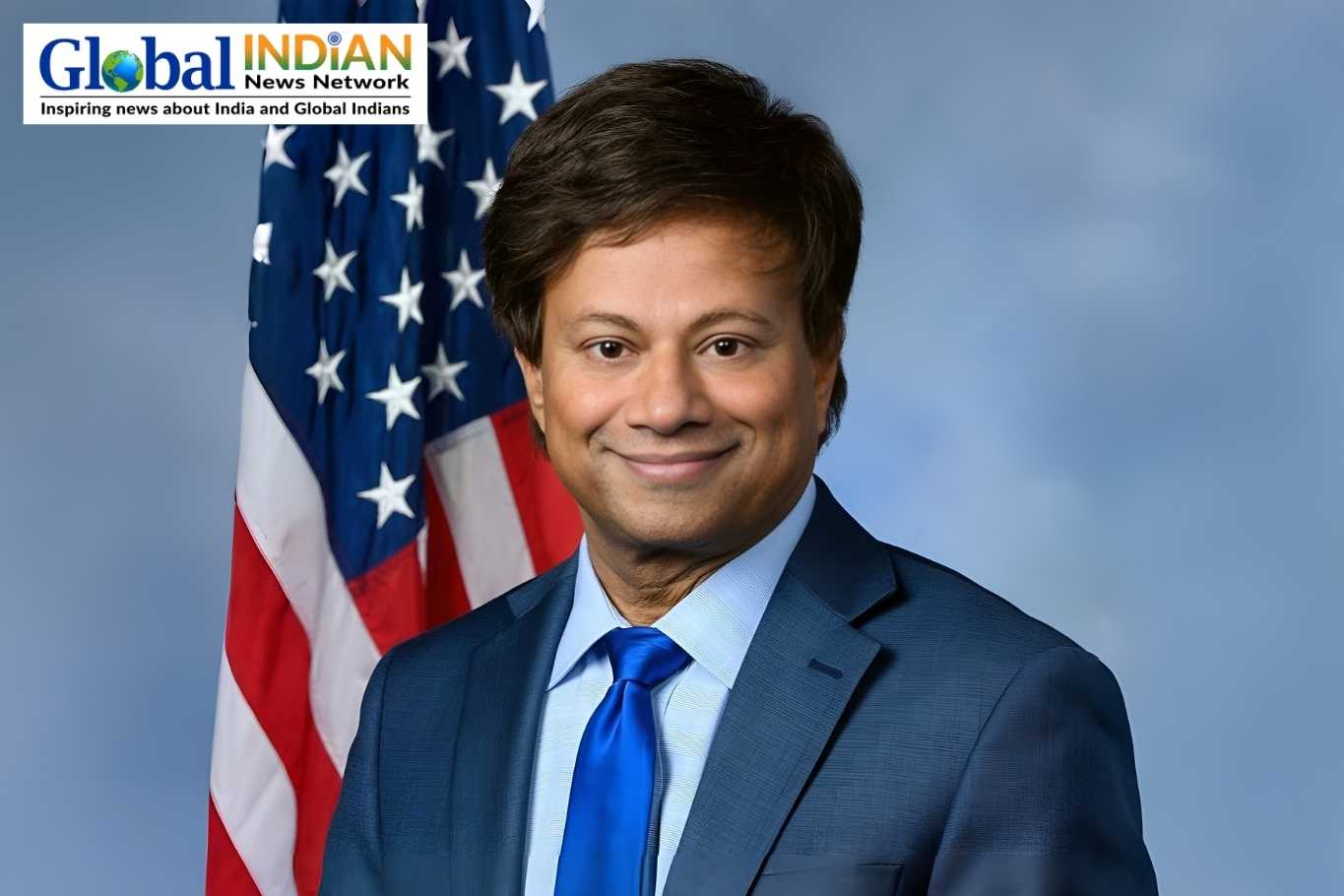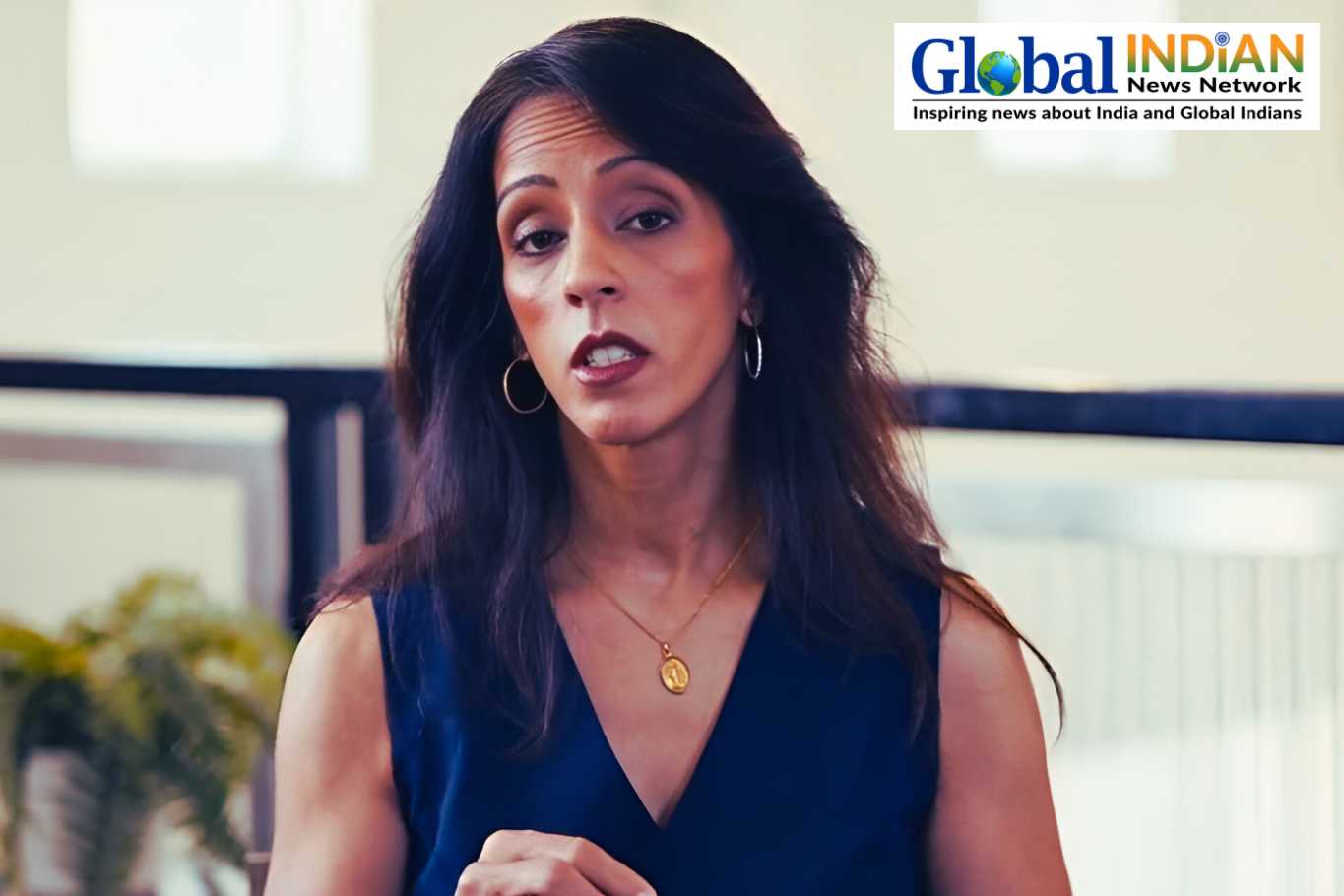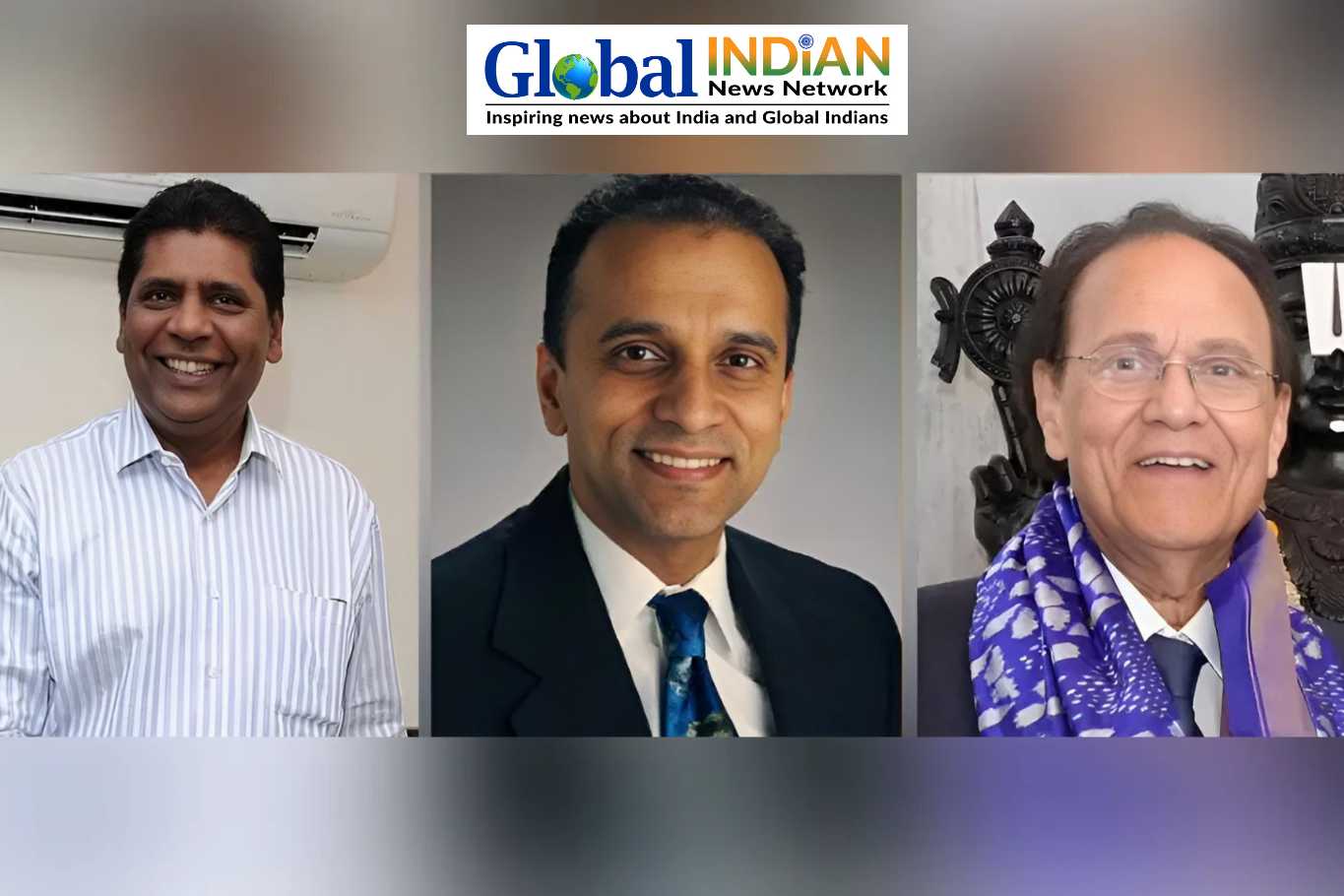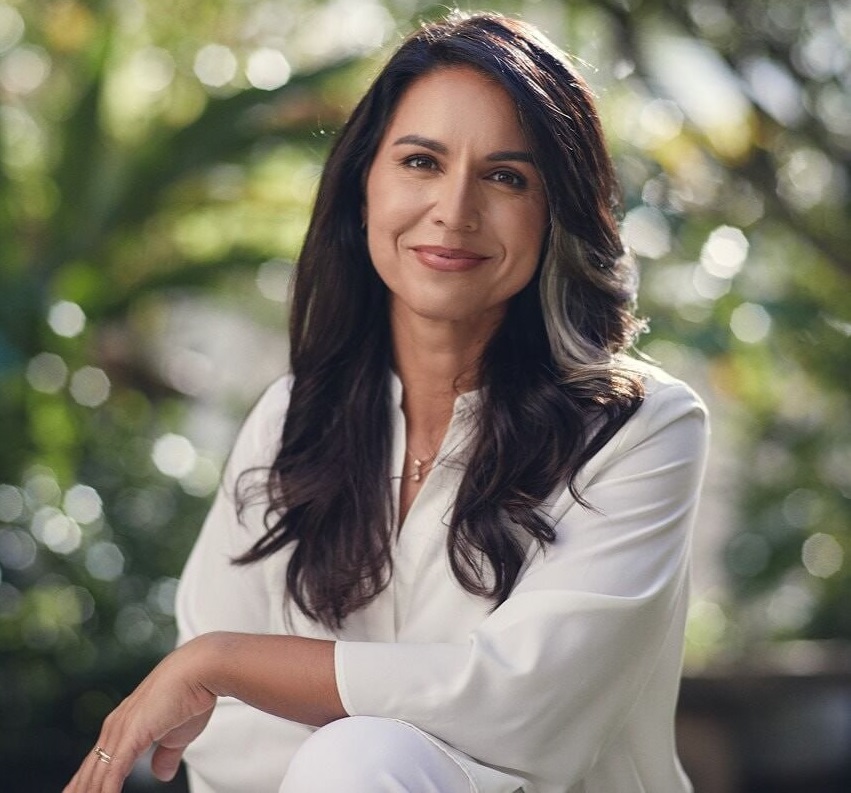
Former Hawaii congresswoman Tulsi Gabbard is moving closer to becoming the next director of national intelligence under President Trump. On Feb. 4, the Senate Intelligence Committee approved her nomination with full Republican support, while every Democrat opposed it. With a 9-8 Republican majority, Gabbard now awaits a full Senate vote on Feb. 13, where she is expected to be confirmed despite strong opposition from Democrats.
Meanwhile, Kash Patel, Trump’s nominee for FBI director, faces delays in his confirmation process. The Senate Judiciary Committee postponed Patel’s vote after Democrats demanded a second hearing, citing concerns about his past statements and transparency. At his initial confirmation hearing on Jan. 30, Patel denied maintaining an “enemies list” and distanced himself from Trump’s clemency decisions regarding the events of Jan. 6. However, he refused to acknowledge Joe Biden’s 2020 election victory. Despite Democratic scrutiny, Patel emphasized his commitment to fighting violent crime and ensuring transparency within the FBI.
Gabbard, on the other hand, faced intense questioning from both parties, particularly regarding her views on Russia, Syria’s Bashar al-Assad, and whistleblower Edward Snowden. While some senators were initially hesitant, she ultimately secured support from key Republicans, including Sen. Susan Collins of Maine and Sen. Todd Young of Indiana. Sen. Tom Cotton of Arkansas had already backed her nomination before the Jan. 30 hearing.
During the hearing, Gabbard rejected claims that she supports U.S. adversaries, calling such accusations outrageous. She defended her stance against military interventions, particularly the Iraq War, and dismissed allegations of being a “puppet” of foreign leaders. When questioned about Snowden, she admitted he violated the law but refused to label him a traitor, leading to sharp exchanges with Democratic senators.
Beyond politics, Gabbard’s personal beliefs have also come under scrutiny. A practicing Hindu, she has been vocal against religious discrimination and has previously defended Indian Prime Minister Narendra Modi. In 2019, after meeting Modi, she emphasized the importance of strong U.S.-India relations. As she heads toward a final Senate vote, her confirmation remains a focal point of political debate.

